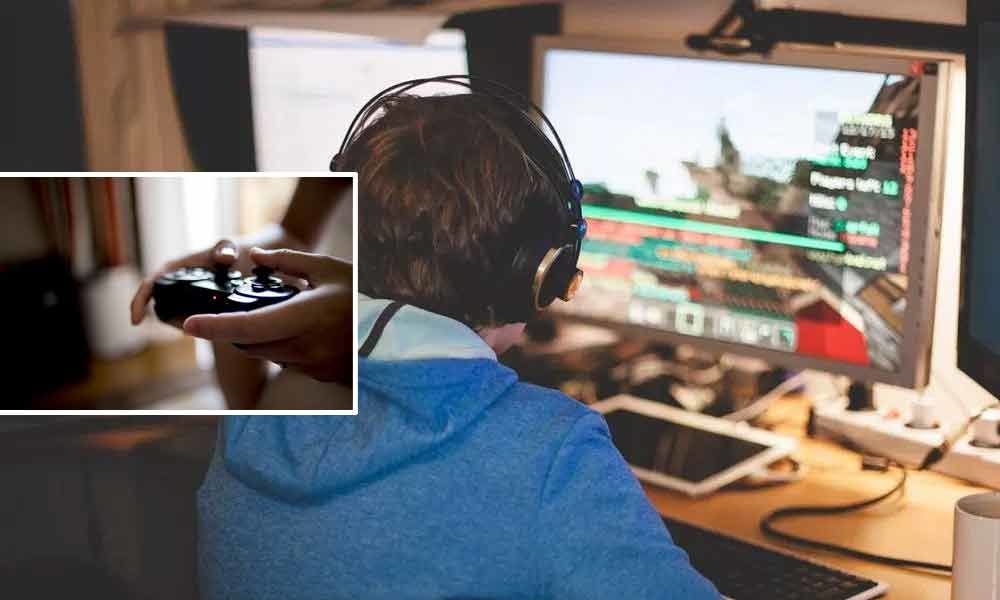In the modern digital era, the prevalence of social media and extensive screen time has become an integral part of our lives. While these technological advancements have brought numerous benefits, they have also raised concerns about their impact on mental health, particularly in relation to depression.
The Influence of Social Media

Social media platforms, such as Facebook, Instagram, and Twitter, have revolutionized the way we connect and communicate with others. They have created a virtual space where individuals can share their experiences, thoughts, and emotions. However, the excessive use of social media has been associated with an increased risk of depression.
One reason for this is the comparison that often occurs on social media. People tend to showcase their best moments, creating an idealized image of their lives. This can lead to feelings of inadequacy and low self-esteem when individuals compare themselves to others. Moreover, the fear of missing out (FOMO) can also contribute to depressive symptoms, as constant exposure to others’ activities can make one feel isolated or left out.
Additionally, social media can become a breeding ground for cyberbullying and negative interactions. Online harassment and the pressure to conform to societal standards can significantly impact an individual’s mental well-being, potentially leading to depression.
The Impact of Screen Time
Aside from social media, excessive screen time, including prolonged use of smartphones, computers, and other electronic devices, has been linked to depressive symptoms. Spending long hours in front of screens can disrupt sleep patterns, reduce physical activity, and decrease face-to-face social interactions, all of which are vital for maintaining good mental health.
The blue light emitted by screens can also interfere with the production of melatonin, a hormone that regulates sleep. This disruption can lead to insomnia or poor sleep quality, both of which are associated with an increased risk of depression.
Strategies to Mitigate the Negative Effects
While social media and screen time can contribute to modern-day depression, it is important to note that their impact can vary among individuals. Some people may be more susceptible to the negative effects, while others may be less affected.
Nevertheless, there are strategies that can be adopted to mitigate these negative effects:
- Limit screen time: Set aside specific time slots for using electronic devices and establish boundaries to prevent excessive use.
- Engage in offline activities: Encourage hobbies, physical exercise, and face-to-face interactions to promote overall well-being.
- Practice digital detox: Take regular breaks from social media and screens to allow for relaxation and mental rejuvenation.
- Be mindful of social media usage: Recognize the potential negative impacts of social media and be conscious of how it affects your mood and self-perception.
- Seek professional help: If feelings of depression persist or worsen, it is important to reach out to a mental health professional for guidance and support.
By implementing these strategies and adopting a balanced approach to social media and screen time, individuals can lessen the potential negative effects on their mental health and maintain a healthier relationship with technology.




